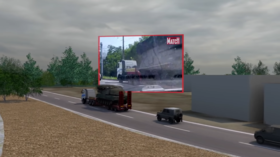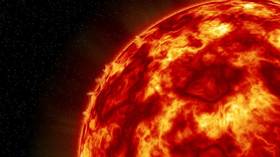Dutch prosecutors demand life sentence for MH17 disaster suspects
Prosecutors in the Netherlands have said that four men they allege were behind the downing of Malaysia Airlines flight MH17 over eastern Ukraine in 2014 should spend life behind bars for their purported role in the incident.
Speaking on Wednesday at a hearing, prosecutor Manon Ridderbeks demanded that Russian nationals Igor Girkin, Sergey Dubinsky, and Oleg Pulatov, as well as Ukrainian national Leonid Kharchenko, be sentenced to life imprisonment.
The four men are being tried in absentia, and Pulatov is being represented in the case by two Dutch lawyers.
According to the official allegations, the defendants are guilty of shooting down the Amsterdam-Kuala Lumpur flight, and for the deaths of 298 passengers on board.
“By shooting down MH17, the defendants committed a devastating act of violence that was planned and organized,” prosecutor Theis Berger alleged. The passenger jet exploded on July 17, 2014 as it flew over Donetsk oblast during a period of heavy conflict in the region.
The incident was investigated by the Dutch Safety Board (DSB) and the Dutch-led joint investigation team (JIT), who reached the conclusion that the plane was shot down by a Buk surface-to-air missile stationed in the separatist-controlled part of the Donbass. The latter claimed that the weapon originated in Russia. Moscow, however, has vehemently denied all involvement.
In the wake of the plane’s downing, Russia’s Deputy Foreign Minister Sergey Ryabkov said that there was “an obvious attempt to draw a biased conclusion and carry out political orders,” during the probe.
Moscow also said that the investigation ignored data on the crash that Russia was willing to hand over, instead choosing to largely rely on Ukrainian evidence, such as alleged intercepts of phone calls by rebel commanders. However, Kiev claimed it was unable to provide primary radar data because neither civilian nor military stations were operating on the day the plane was shot down.














